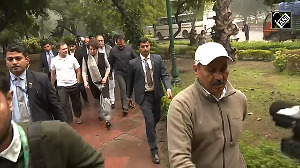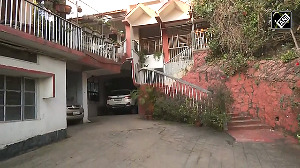Employee benefits, also called fringe benefits, perquisites, perqs or perks are various compensations provided to employees other than their normal salaries.
 Some of these benefits include housing (employer-provided or employer-paid), group insurance (health, dental, life etc.), disability income protection, retirement benefits, day care for employees' children, tuition reimbursement, sick leave, vacation (paid and non-paid), social security, profit sharing, funding of education, and other specialised benefits.
Some of these benefits include housing (employer-provided or employer-paid), group insurance (health, dental, life etc.), disability income protection, retirement benefits, day care for employees' children, tuition reimbursement, sick leave, vacation (paid and non-paid), social security, profit sharing, funding of education, and other specialised benefits.
These perks vary from company to company. Some of these benefits are taxable and as such understanding the tax implications is important.
With the abolition of the fringe benefit tax, it is back to the old perquisite tax. But what are these perquisites? Section 17(2) of the Income-tax Act, 1961 gives an inclusive definition of perquisite. As per this section, perquisite includes:
- By a company to an employee, who is a director thereof
- By a company to an employee being a person who has a substantial interest in the company
- By any employer to an employee whose income under the head 'Salaries' exceeds Rs.24000 excluding the value of non monetary benefits or amenities.
The following perquisites that are not taxable:
Financial Bill 2009 removed the fringe benefit tax on the value of certain benefits like employee stock options (Esops), sweat equity and superannuation funds given to employees. Thus, the tax burden on these will have to be borne by the employees themselves.
Other perquisites are also likely to be taxed, though no clear rules have been laid down for the same.








 © 2024 Rediff.com -
© 2024 Rediff.com -